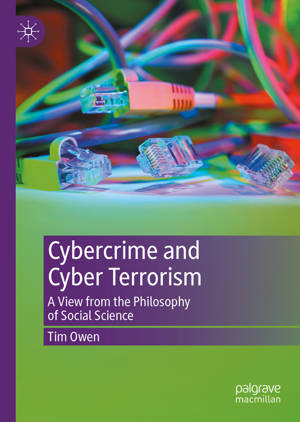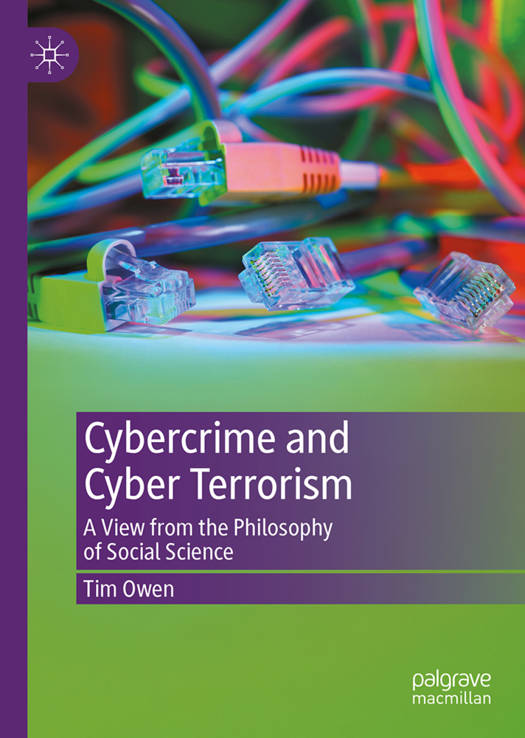
- Afhalen na 1 uur in een winkel met voorraad
- Gratis thuislevering in België vanaf € 30
- Ruim aanbod met 7 miljoen producten
- Afhalen na 1 uur in een winkel met voorraad
- Gratis thuislevering in België vanaf € 30
- Ruim aanbod met 7 miljoen producten
Zoeken
Cybercrime and Cyber Terrorism
A View from the Philosophy of Social Science
Tim Owen
Hardcover | Engels
€ 144,45
+ 288 punten
Omschrijving
This book examines the cyber terrorist offender through social and biological theories. It critiques how traditional criminology theory falls short when applied to cyber-terrorism. Using a four-fold lens, it takes into analytical consideration a cluster of psychological, social, genetic and neurological variables. It uses multiple examples to show how this approach can be applied to selected aspects of cyber terrorism, including definitions of terrorism per se, forms of cyber terrorism, examples of counter terrorism and attempts to combat cyber terrorism, and the possible motivations for cyber terrorism. This Genetic-Social approach seeks to 'build bridges' between the biological and social sciences, providing an ontologically-flexible, more integrationalist conceptualisation of the phenomena of cyber terrorism. It includes a chapter explaining how the post-Covid era has changed the playing field in a way that advantages cyber-terrorists and it also discusses a blueprint for a potential predictive model of cyber terrorism.
Specificaties
Betrokkenen
- Auteur(s):
- Uitgeverij:
Inhoud
- Aantal bladzijden:
- 222
- Taal:
- Engels
Eigenschappen
- Productcode (EAN):
- 9783031878527
- Verschijningsdatum:
- 17/06/2025
- Uitvoering:
- Hardcover
- Afmetingen:
- 155 mm x 16 mm
- Gewicht:
- 404 g

Alleen bij Standaard Boekhandel
+ 288 punten op je klantenkaart van Standaard Boekhandel
Beoordelingen
We publiceren alleen reviews die voldoen aan de voorwaarden voor reviews. Bekijk onze voorwaarden voor reviews.








